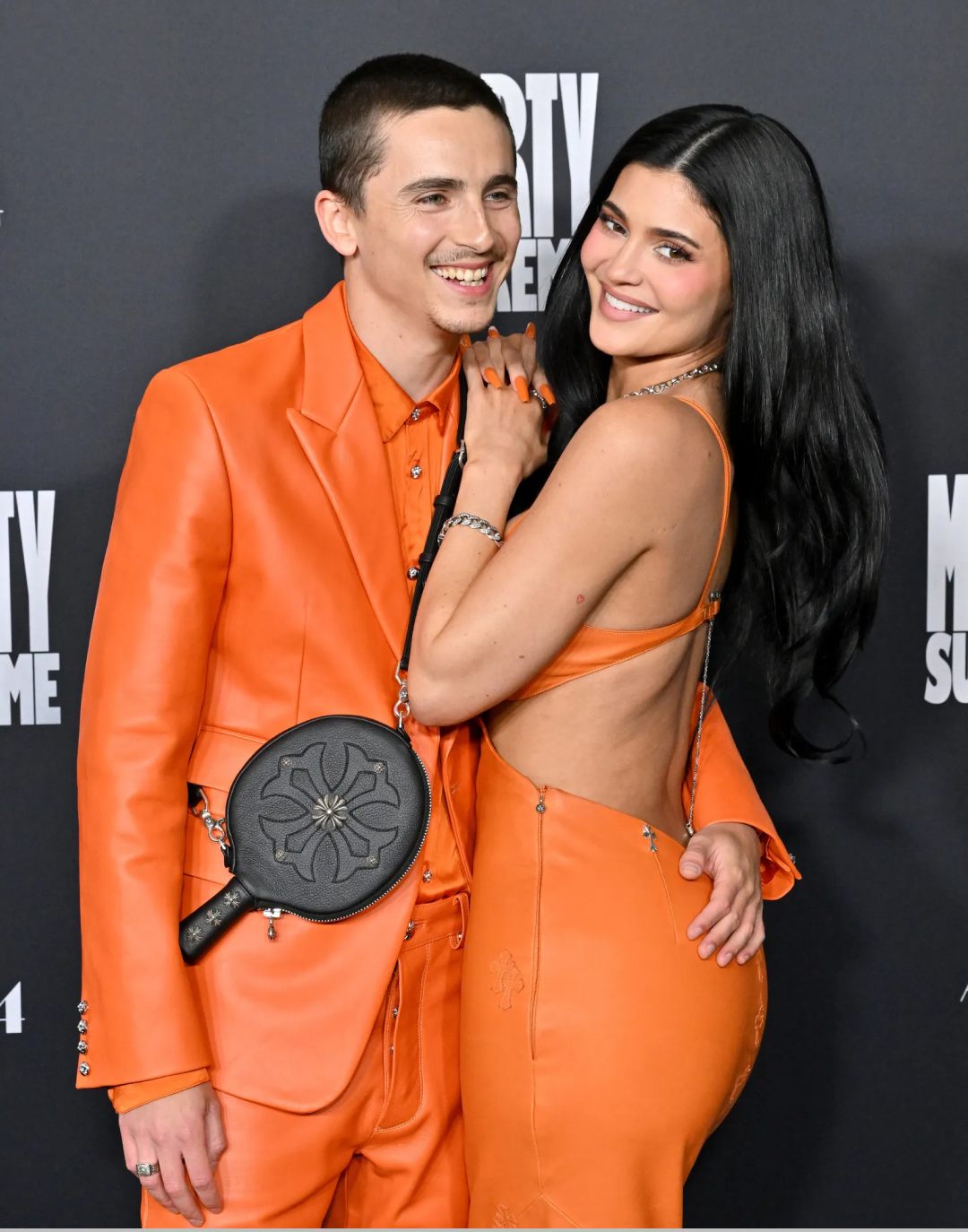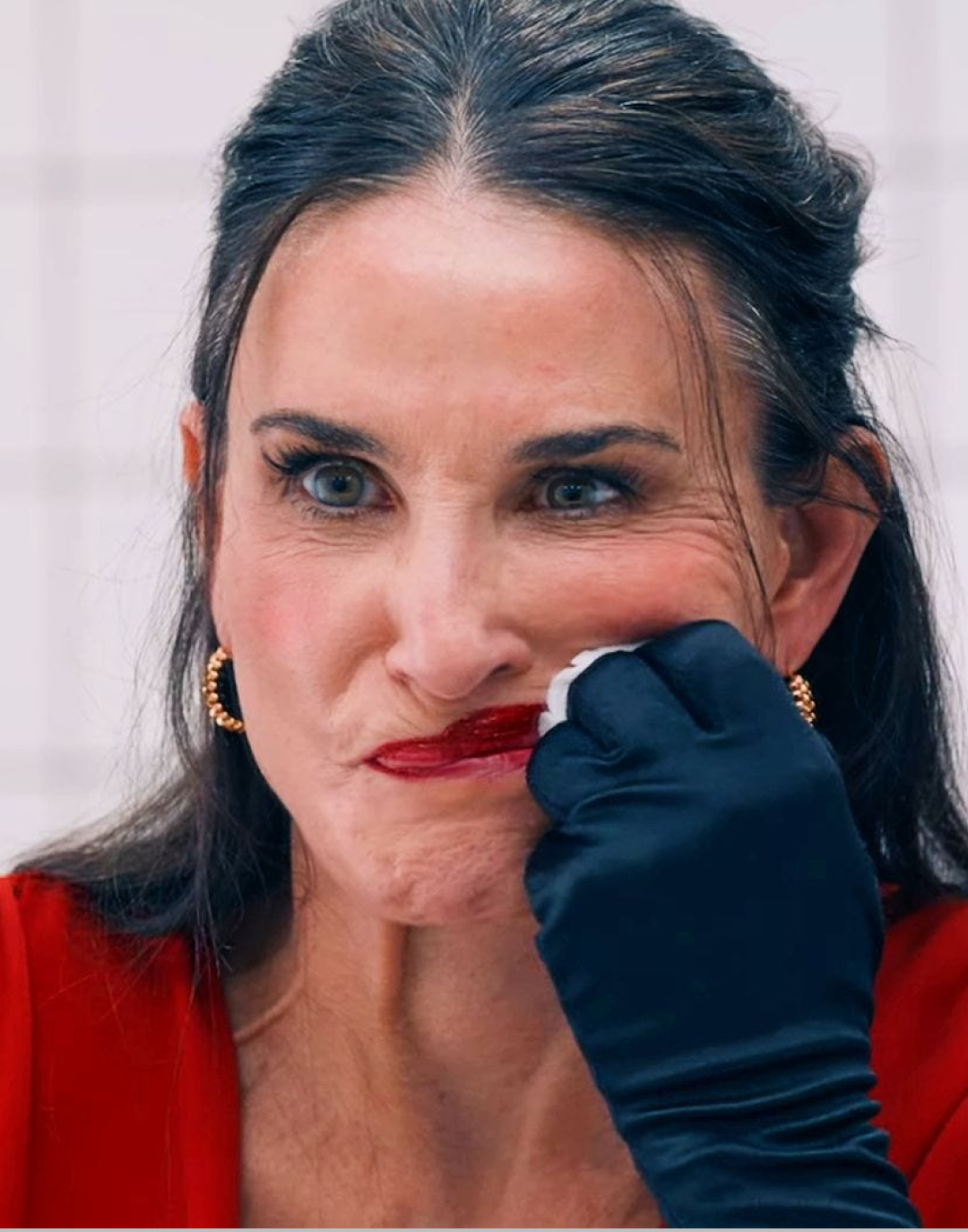
Indie beauty brands are rebelling against celebrities The straw that broke the camel's back was the launch of Brad Pitt's beauty brand
Last Thursday, Brad Pitt officially unveiled Le Domain Skincare, a beauty brand he conceived and founded whose products are created from grapes on his French estate. The news was not taken very well by some Twitter users who pointed out that the American actor is not exactly known for his flawless skin or his passion for cosmetics, criticized the prices of the brand's products, which range from $80 for a facial cleanser to $385 for a serum, they uncovered errors in the presentation texts (the word "conservatives" used instead of "preservatives," which has now been corrected) and even drew criticism from Caudalie's co-founder Mathilde Tomas, who accused Le Domaine of copying the history and general aesthetic of its brand. Taking it worst of all, however, was Megan Felton, founder of the Lionne brand, who brought together the founders of other independent brands such as Carra, Highr, Ohana, and Elth to write an open letter against the celebrity brands that Hollywood and non-Hollywood stars launch virtually on a weekly basis:
«It seems that every celebrity feels like they can waltz into the industry that we have worked in our whole careers and gain the awareness overnight that we are so fighting for. You, dear celebrities, have NO experience in this industry. And no, showing up to a photoshoot does not count as an experience. You never interned in this industry or started as a low-level employee. You will never have to haul your day’s orders to the post office or learn to code your own site. You will never not sleep because you don’t know how you’re going to pay your staff or for your inventory. But you will get recognition because you are a celebrity. […] If this industry is an industry that you truly want to be a part of, then invest in or partner with us. Think of it as becoming our executive producer. Invest in early-stage founders who are already in the arena, building innovative solutions to make the industry more inclusive, sustainable, and climate-friendly».
The talk takes on an additional tinge of irony when one considers that Travis Barker, percussionist of Blink-182, launched his own beauty brand only the day before Brad Pitt did. But over the course of 2022, celebrity-launched beauty brands have reached an inordinate number. Kate Moss, Courtney Cox, Scarlett Johansson, Gwen Stefani, Hailey Bieber, Kim Kardashian, Naomi Watts, Alicia Keys, Idris Elba and consort, and Harry Styles are just a few of these brands, but already in the past few years some of the celebrities who have launched their own include Machine Gun Kelly, Lil Yachty, Millie Bobbie Brown, David and Victoria Beckham (they founded a brand each), Kirsten Bell, Naomi Osaka, Vanessa Hudgens, and Billie Eilish. Without wishing to speak of market saturation, it is clear that when every week a celebrity who until recently had been involved in something else launches a beauty product claiming to have discovered the fountain of youth, and when stars from all backgrounds spend time demonstrating creams and serums like door-to-door salespeople, public trust begins to wane. Even labels like "sustainable" or "genderless" are now empty advertising clichés: the very language surrounding these releases, with its smoky advertising lexicon of "rituals," "vibe," "positive mindset," and "self-expression" now rings hopelessly false.
The explanation for why these brands are created is actually simple: an actor or singer who establishes his or her own beauty brand collects the proceeds of sales directly, monetizing an influence that in contrast in the film and music industry is always filtered through agents and producers and is based on grueling press tours, film premieres, and social engagements of all kinds. It is no secret, in fact, that singers and musical artists, even at the highest levels, have to share their cachets with numerous figures who promote and support them, and that many celebrities, such as Gwyneth Paltrow, use the self-care industry as an exit ticket from the volatile film industry, where a flop is enough to crush a career, to take the safer and more restful position of founder of a beauty brand that practically sells itself. It is no coincidence, by the way, that Brad Pitt said he was inspired precisely by ex-girlfriend Paltrow and her Goop for Le Domaine and, over the summer, told GQ that he felt «on my last leg this last semester or trimester» of his own career by clarifying later that he does not intend to take a leave of absence from cinema but only to implement a more careful selection of the films in which he will take part. Even Brad Pitt, after all, is afraid of flops.
Every day major climate disasters are met with more products, new collection, more bags drop, more beauty brands, more celebrity endorsed products to fill overflowing landfills. How is this the response to an existential crisis about to change the course of life on our Earth?
— Céline Semaan (@celinecelines) September 7, 2022
The endemic problem in the market, however, remains the credibility of these beauty brands. Beauty expert Dulma Altan told Business of Fashion: «They would have been better off just calling out Brad as an investor and maybe doing a campaign with him as talent and not saying he’s one of the cofounders», precisely because selling the brand as "Brad Pitt's brand" relegates it to a market category that industry experts view with increasing distrust. To return instead to Megan Felton's opinion: «There are 12,000 beauty brands launched every year. Not only is this incredibly wasteful, it is also incredibly overwhelming and confusing to navigate». What makes this a dilemma is the fact that while the overproduction of beauty brands represents a huge waste of resources in an already grotesquely saturated market, the issue is about the free market: celebrities launch these brands because they can and, above all, because the public buys beauty products in droves - the market is so rich that even Balmain with its creative director Oliver Rousteing is expanding into the sector, while Dolce & Gabbana have decided to privatize their beauty business by eliminating third parties (Dior and Chanel are doing the same) while some rumors suggest that Kering with all its beauty brands is ready to do away with the licensing system and manage them without sharing the metaphorical pie with manufacturers.
Given these premises, then, the resolution of the issue rests in the hands of the public: there are already numerous users on Twitter, for example, who have declared their distrust of celebrity brands, while the vast majority of consumers seem to like them instead even if, as some argue, these brands are only bought by fans and are just a more expensive form of merchandise. Oddly, no one seems to believe that the celebrities in question have any real or serious dermatological training, just as no one would equate Paris Hilton's perfumes with Frederic Malle's and Valmont's creams with Kylie Jenner's. Yet the sales continue. If indeed the beauty bubble is a bubble, it will burst when it becomes over-saturated. At the moment, however, it doesn't seem so.














































